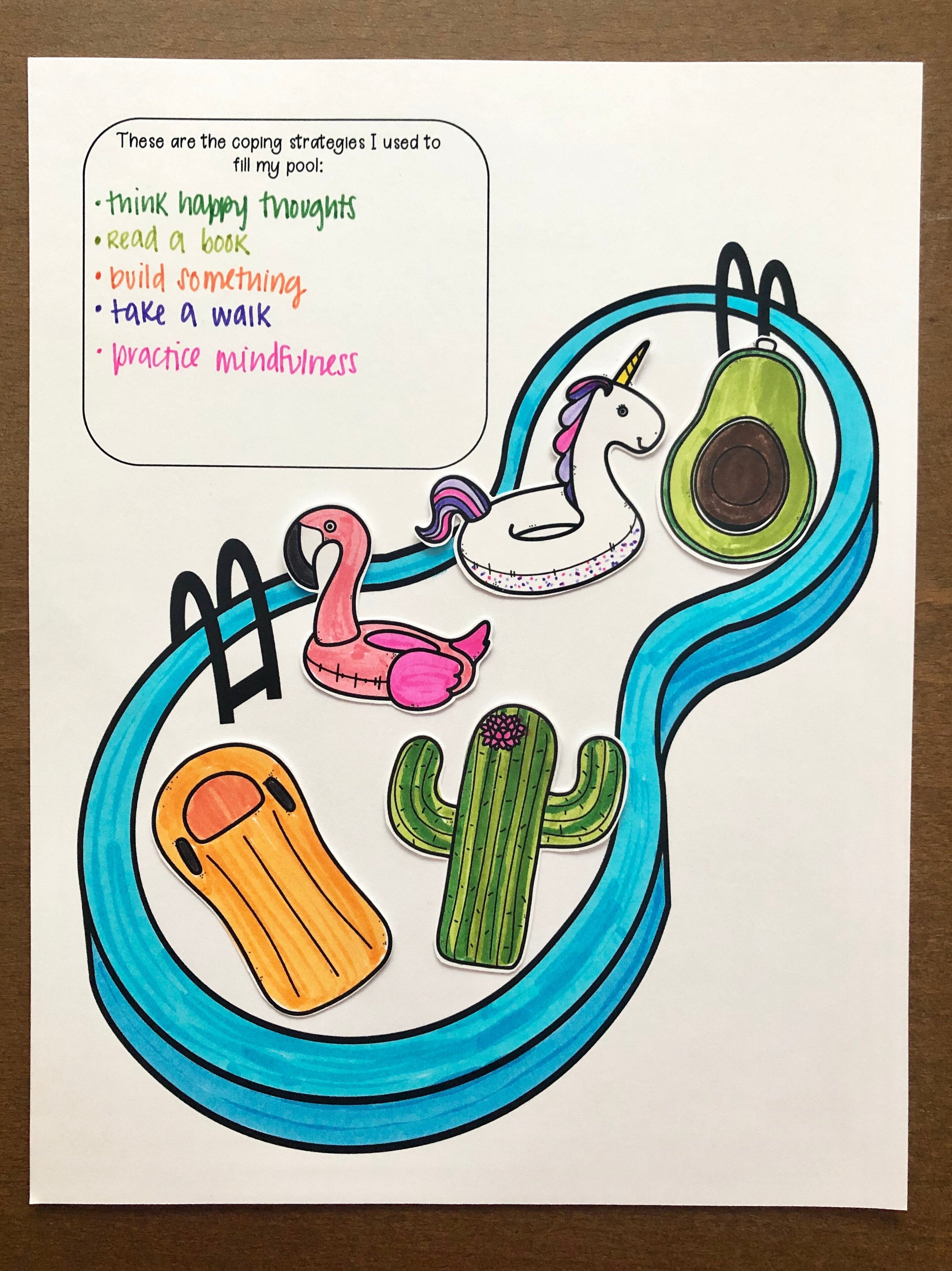Wrapping Up the School Year Successfully: 8 School Counselor Must-Dos
By: Neeti Sarkar
Is it only me or do you also feel this has been one long, long academic year? Considering this is the first year in the last three since there's been some semblance of a normal school year, it perhaps feels longer. Or is it because the post-pandemic era (the irony is that the pandemic is far from over, ugh!) has brought with it enough lagging skills, behavioral changes, and stresses, as seen in our students, thus increasing our already heavy workload? Whatever the reason, I am relieved we have only a little over a month left before I can have my coffee hot and use the washroom when I need to! Phew!
However, before the school year ends, we as school counselors do have a lot on our plates. From helping students navigate end-of-year stress to organizing graduation events, filing away reports, and planning for next year, the work of a school counselor never seems to slow down. If you're in need of a detailed checklist of must-dos before summer break, this blog post is a cheat sheet of sorts.
1. Terminate Sessions
This is the time to wrap up your existing Tier 2 and 3 sessions. Of course, make sure to not end abruptly or leave your students not knowing that they won't be seeing you for the remaining weeks of the academic year/possibly in the next year (based off of data collected and analyzed). Giving your students closure is one of the most important tasks you have at this time of the year. Plan it well and give students ample time to prepare for it. Start talking to them about termination before you actually end sessions. Don't wait till the last week before the break to do this.
You could prepare your students by using a progress tracker or visual schedule like I do. When students can see what's coming next, they can be better prepared. In the past, with small groups and with individual students, I've used a visual progress tracker to show them how many sessions are left. I prefer using stickers that go with the theme of the group/tier 3 sessions.
Don't forget to collaboratively work on creating a safety plan and/or a coping plan with students for whom a break from school may be overwhelming for a plethora of reasons.
2. Provide Check-ins as needed
There are students you see regularly who you might have to check in with maybe fortnightly even after you've terminated sessions. There also might be some kiddos who are not officially on your tier two or tier three caseload that might need a couple of CICO sessions.
3. Celebrate achievements
The end of the school year is a time to celebrate the achievements of students, teachers, and support staff. As a school counselor, you can organize end-of-year award ceremonies, create recognition programs, and provide opportunities for students to reflect on their successes. Celebrating achievements helps build a positive school culture and create a sense of belonging.
4. Evaluate your program
This is your time to gather and flaunt your final data for the academic year. I create and End of the Year Report using this template which allows me to share concrete details such as the number of students served (in tier 2 and tier 3 settings), time spent with students (average minutes per session over the total number of weeks), classroom guidance lesson topics covered and how frequently I taught them, character education school-wide activities hosted or implemented (such as Bullying Prevention week, etc), IEP, SST, etc meetings that you attended (include how many hours), and of course professional development workshops, and conferences you attended and/or presented at.
Your data for this report can be extracted from a bunch of resources such as student self-assessments, teacher/parent feedback, formal observations, pre and post-group surveys, and progress monitoring scales.
Apart from putting together this EOTY report to share with admin and other stakeholders and thereby advocate for my role, I believe it's a great way for me to reflect on the year gone by and adjust my program for the upcoming year accordingly.
5. Create a rough roadmap for next year
As the academic year comes to a close, it's important to start planning for the next year. Based on your EOTY report, consider what changes you want to make to your counseling program, what resources you'll need, and how you can best support students, teachers, and staff. Planning well ahead helps ensure a smooth transition into the next academic year and sets you up for success. I do this by using Google Forms to gather feedback from teachers, students, and parents.
6. Organize end-of-year events
End-of-year events like graduation ceremonies and farewell parties for students you've been seeing in groups/individually, require a lot of planning and coordination. Make it fun, but keep it simple.
7. Provide resources for summer break
Summer break can be a challenging time for students who may face boredom, loneliness, or other difficulties. As school counselors, it is good if we can provide resources for students and families to help them stay engaged and connected over the summer. You could consider creating a list of summer programs, resources for mental health support, or fun activities that students can participate in. I usually use this Countdown to Summer Break School Counseling Activity Pack which covers 20 different elementary school counseling topics.
8. Support Leaving Students
In my school, we have a whole bunch of leavers, some who will move to Middle School and others who are moving countries/schools. In both cases, I make sure to provide the necessary support to both students and families either through check-in/drop-in sessions, hosting a leavers club for school leavers, and a week of transition activities for fifth graders who will be moving to high school.
As it turns out, there is a lot to do before summer break begins, and all of this comes with ample stress, in my experience. Therefore, make it a point to prioritize self-care to avoid burnout. Remember, you can't pour from an empty cup!
Here's wishing you a refreshing summer break. You deserve it!
About the author: Neeti Sarkar is a Primary School Counselor at an IB school in Bangalore, India. Over the span of almost 10 years, she's worked with students aged 3-18, but enjoys working with the littles the most. Neeti's also a seasoned journalist, so when she isn't making behaviour plans, teaching guidance lessons, and supporting her school community in various other ways, she makes time for her other passion- writing.
SHARE:










